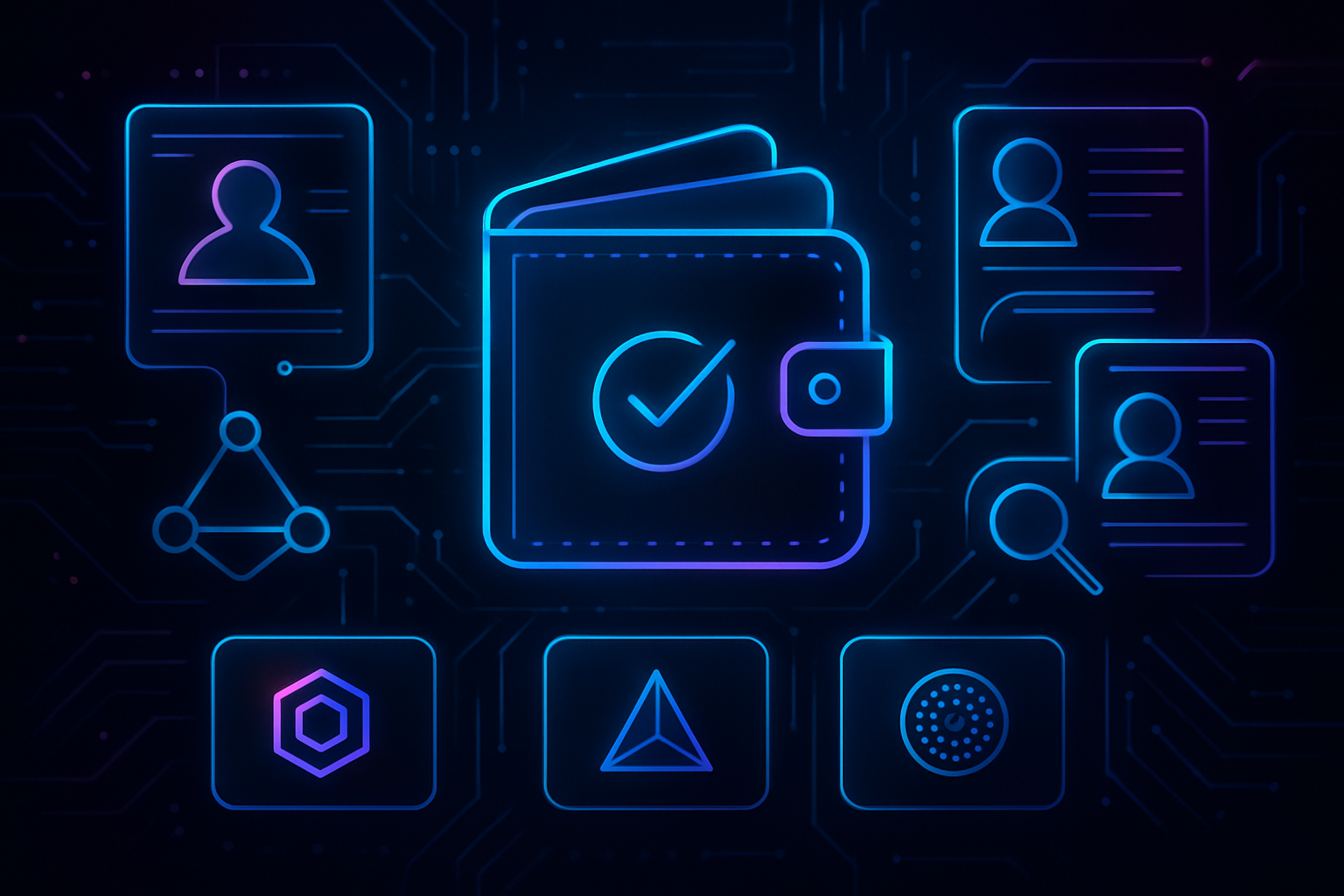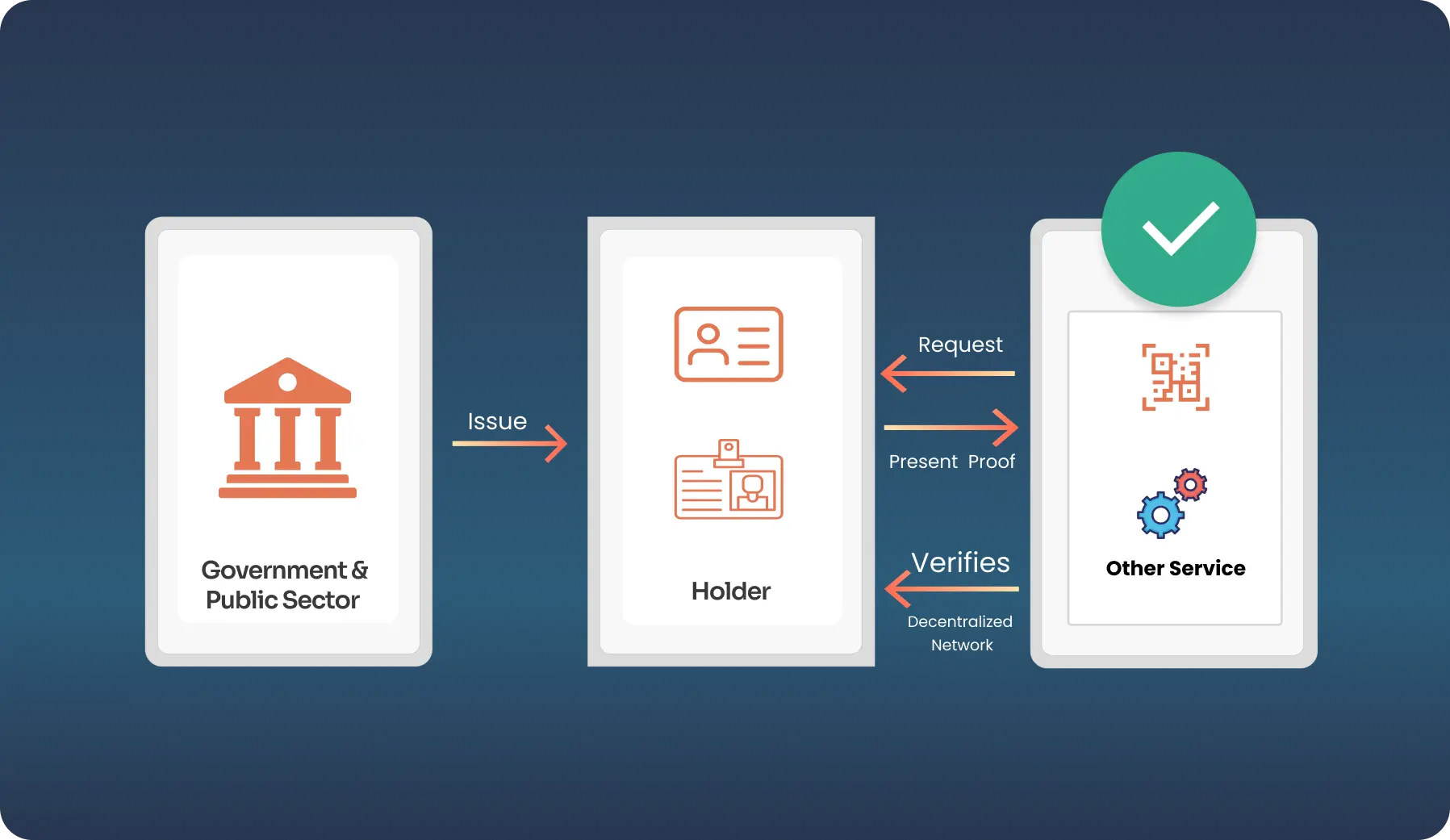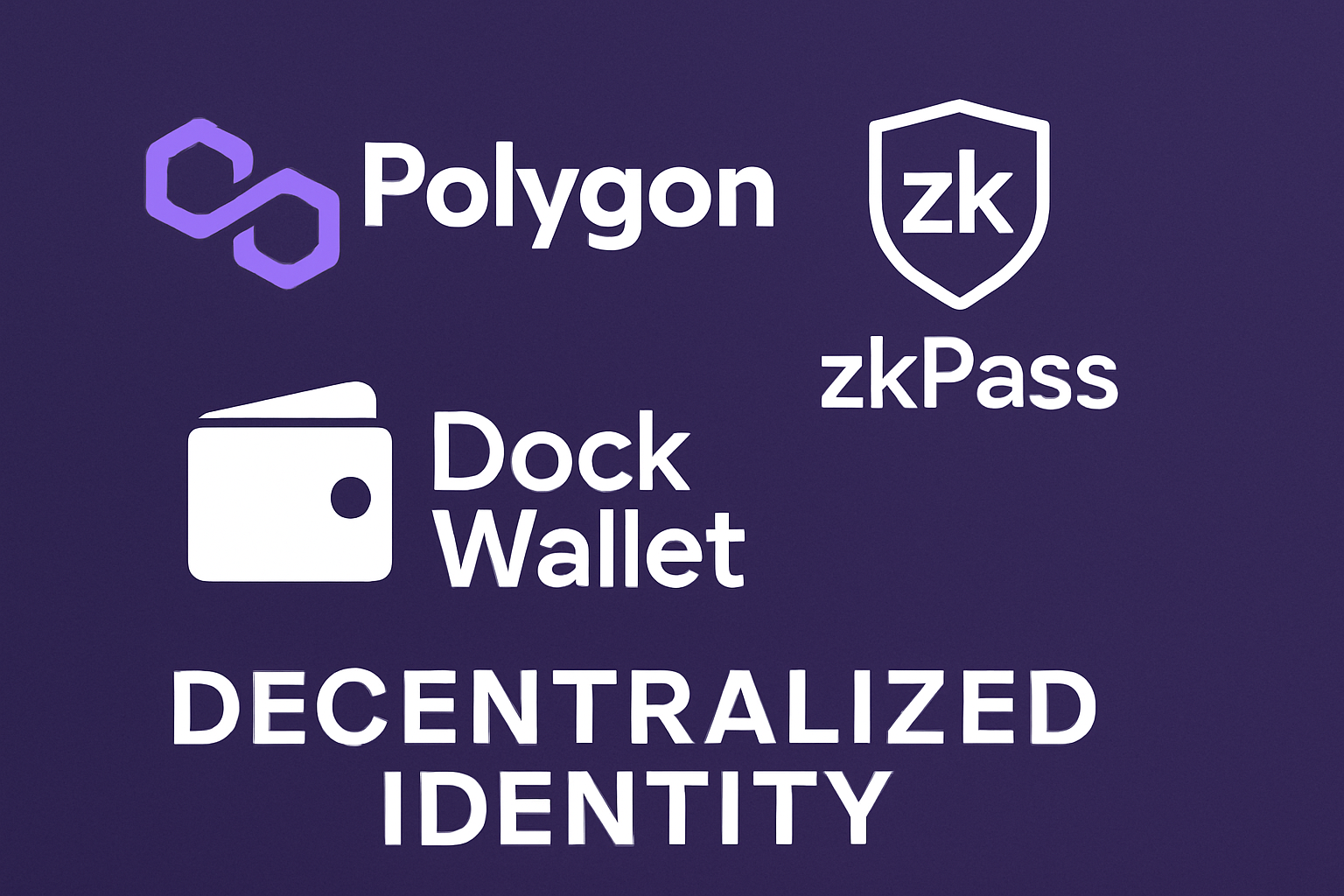
Zero-knowledge proofs (ZKPs) have emerged as a cornerstone technology for privacy-preserving digital identity, fundamentally transforming how decentralized identity wallets operate. As digital identity becomes increasingly central to both personal and organizational security, the need to verify credentials without exposing sensitive data is paramount. Zero-knowledge technology in digital identity solves this challenge, empowering users to prove statements about themselves with mathematical certainty – yet without unnecessary data exposure. This article explores how ZKPs are enhancing privacy in decentralized identity wallets, focusing on selective disclosure, real-world applications like age verification, and the leading DID wallets leveraging this cryptographic innovation.

Selective Disclosure and Data Minimization: The Core Technical Benefit of ZKPs
The technical advantage that sets zero-knowledge proofs apart in the context of decentralized identity is selective disclosure. Traditionally, proving eligibility or attributes (such as being over 18 years old) required disclosing full documents or excessive personal information. With ZKPs, users can now prove specific facts, like age or citizenship, without revealing underlying data such as birthdate or full address.
This approach directly addresses data minimization principles enshrined in regulations like GDPR. By reducing the amount of information exchanged during authentication processes, ZKPs significantly lower the risk surface for breaches and unauthorized tracking. For instance, instead of sharing a copy of an ID card to access age-restricted services, a user’s wallet generates a cryptographic proof confirming they meet the requirement, while all other personal details remain confidential.
Furthermore, non-interactive ZKP protocols allow these proofs to be presented without direct back-and-forth with verifiers. This is especially critical for decentralized applications where real-time interaction may not be feasible or desirable due to latency or privacy risks.
Real-World Application: Privacy-Preserving Age and Credential Verification
The practical impact of ZKPs is most evident in everyday credential checks. Consider age verification, a common requirement for online platforms handling restricted goods or content. Instead of uploading government IDs or sensitive documentation (which increases exposure risk), users can leverage their zk identity wallet to create a proof that simply attests they are over 18.
This same principle extends to other credentials such as educational degrees, professional licenses, or residency status. The wallet constructs a cryptographic statement, verifiable by any service provider, that confirms eligibility without ever revealing raw underlying data. Such mechanisms not only preserve user privacy but also streamline compliance for organizations facing stringent data protection requirements.
How ZKPs Enhance Privacy in Decentralized Identity
-

Technical Benefit: Selective Disclosure and Data Minimization with Zero-Knowledge ProofsZero-knowledge proofs (ZKPs) empower users to prove specific identity attributes—such as age or citizenship—without exposing unrelated personal data. This selective disclosure minimizes data exposure, aligns with privacy regulations like GDPR, and reduces the risk of identity theft or misuse.
-

Real-World Application: Privacy-Preserving Age and Credential Verification in Decentralized Identity WalletsWith ZKP-enabled wallets, users can verify they meet requirements (e.g., being over 18) without revealing their full date of birth or other sensitive information. This approach is already being used for secure access to online services, digital onboarding, and regulatory compliance in decentralized ecosystems.
-

Top DID Wallets Utilizing ZKPs: Polygon ID, zkPass, and Dock WalletLeading decentralized identity wallets like Polygon ID, zkPass, and Dock Wallet integrate ZKP technology to enable privacy-preserving authentication and credential management. These platforms allow users to control their digital identities and prove credentials without compromising privacy.
Top Decentralized Identity Wallets Utilizing Zero-Knowledge Proofs
A growing number of DID wallets are setting new standards for privacy by integrating advanced zero-knowledge proof frameworks:
- Polygon ID: Built atop the Polygon blockchain ecosystem, Polygon ID enables self-sovereign digital identities using cutting-edge ZKP protocols. Users can prove attributes like citizenship or age across Web3 platforms while maintaining full control over their private information.
- zkPass: This wallet focuses on cross-platform interoperability and seamless proof generation using zero-knowledge methods. It supports credential issuance and verification workflows that never expose sensitive source data, ideal for enterprise-grade compliance scenarios.
- Dock Wallet: Dock leverages ZKPs within its decentralized credentialing system to facilitate secure sharing and validation of professional qualifications and certifications without risking user confidentiality.
The adoption of these technologies demonstrates a clear shift toward privacy-preserving DID wallets. Users gain unprecedented autonomy over their digital identities while organizations benefit from simplified regulatory compliance and reduced liability exposure.
Zero-knowledge proofs in identity wallets are not just a theoretical upgrade; they are actively reshaping the trust and risk calculus for digital interactions. As more platforms demand proof of eligibility, users are increasingly exposed to privacy risks through over-disclosure of personal data. ZKPs provide a robust answer by enforcing the principle of data minimization at the protocol level. This shift is particularly relevant given the evolving regulatory scrutiny around personal data, where compliance failures can result in substantial penalties and reputational harm.
In practice, selective disclosure with ZKPs means that a decentralized identity wallet can generate verifiable statements, such as proof of age or membership, without ever transmitting raw credentials. For example, when accessing an age-restricted service, the user’s wallet constructs a ZKP attesting to their eligibility, while all other attributes (name, address, birthdate) remain encrypted and inaccessible to the verifier. This granular control over information release is fundamentally more secure than legacy systems that require full-document uploads or static credential sharing.
Why Privacy-Preserving Verification Matters
The risks associated with centralized credential storage and transmission are well-documented: large-scale breaches, phishing attacks, and unauthorized surveillance are persistent threats. By design, zk identity wallets powered by zero-knowledge technology eliminate these vulnerabilities at their root. Since no sensitive data is revealed during verification, there is nothing for attackers to intercept or misuse.
Moreover, privacy-preserving DID wallets enhance user trust and foster broader adoption of digital identity solutions in sectors where confidentiality is non-negotiable, such as healthcare access, financial onboarding, or government services. The ability to prove compliance with age or residency requirements without exposing underlying documents is not only a privacy win but also reduces friction for both users and service providers.
Key Wallets Leading with Zero-Knowledge Technology
The following decentralized identity wallets exemplify best-in-class integration of ZKPs:
- Polygon ID: Leveraging Polygon’s scalable blockchain infrastructure and advanced ZKP frameworks, Polygon ID enables users to create self-sovereign identities with granular control over attribute disclosures. Its architecture supports seamless interoperability across Web3 applications while ensuring strict privacy guarantees.
- zkPass: Designed for both individual and enterprise use cases, zkPass specializes in cross-chain credential verification using zero-knowledge proofs. Its workflow allows users to generate portable proofs, such as employment status or educational attainment, without ever exposing underlying documents to third parties.
- Dock Wallet: Dock’s platform integrates ZKP-based credentialing into its decentralized ecosystem for professional certifications. Organizations can issue tamper-proof credentials that recipients can later prove possession of, without disclosing any unnecessary details during verification processes.
This new generation of DID wallets demonstrates how zero-knowledge proofs can operationalize privacy principles while preserving usability and regulatory alignment. As these solutions mature, we expect broader adoption across industries where digital trust must be balanced against stringent privacy mandates.
For those seeking deeper technical insight or practical guidance on deploying zero-knowledge technology in digital identity contexts, including step-by-step integration advice, please refer to our comprehensive resources at /how-zero-knowledge-proofs-power-privacy-in-decentralized-identity-wallets.






